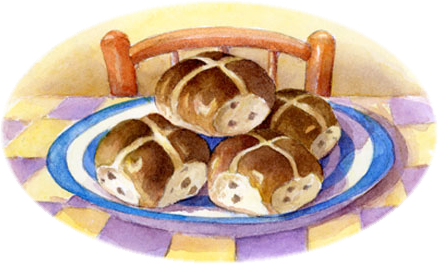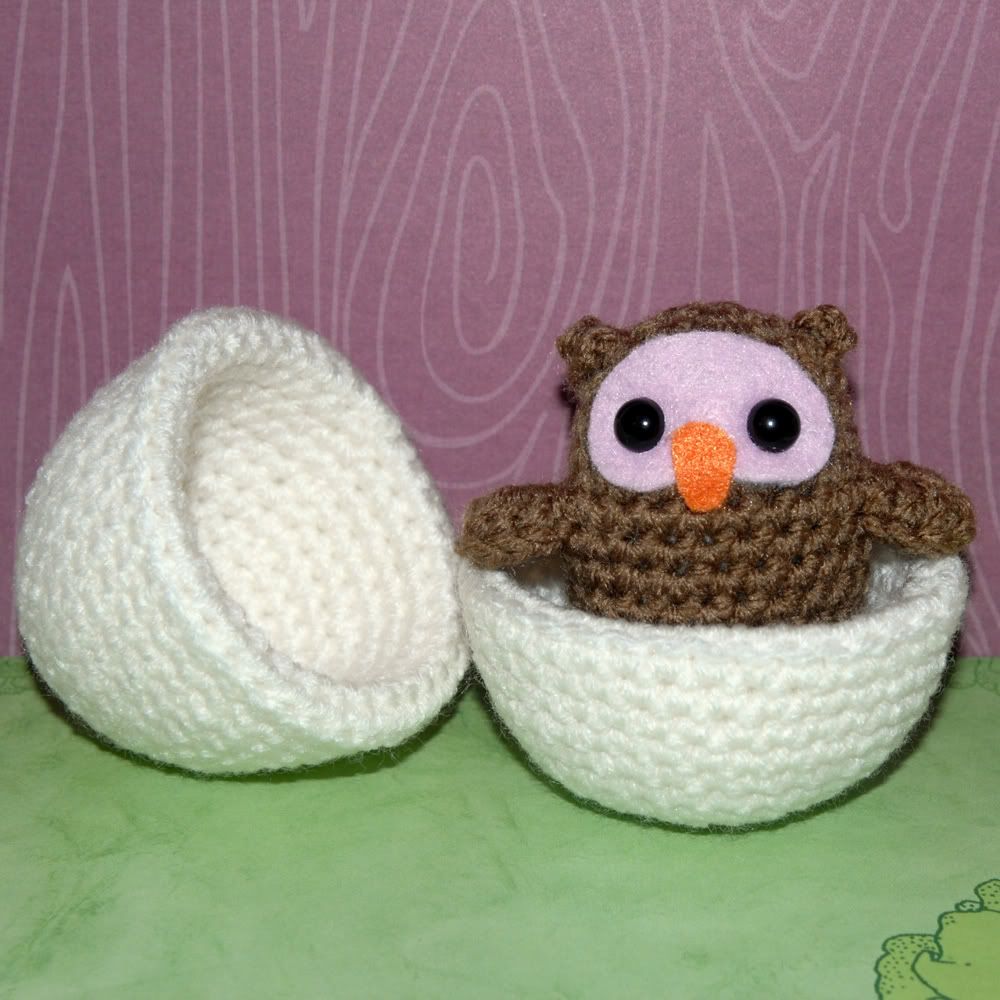Trivia facts relating to Easter.
According to the Met Office weather forecaster on television yesterday it's more likely to snow at Easter than at Christmas (not that there's any chance this year). I don't know if that's true or not but that's what he said.
Easter Day falls on the Sunday following what is called the Paschal New Moon. The Paschal New Moon is based on the ecclesiastical lunar calendar and is the first ecclesiastical full moon after the spring equinox (March 21st). The ecclesiastical lunar calendar is based on rather complicated calculations formulated hundreds of years ago as an attempt by the Christian church to work out when full moons would be. The ecclesiastical full moon cycle is only an approximation to the actual moon cycle and can be up to 2 days out. This year the first actual full moon after March 21st was Tuesday April 15th and that's why Easter Sunday is this coming Sunday.
The Chinese New year starts on the first new moon between January 21 and February 21. So there is a vague mathematical link between the start of the Chinese new year and Easter Sunday. The number of days between the two averages out at 49 days when Easter is early and 77 days when Easter is late.





